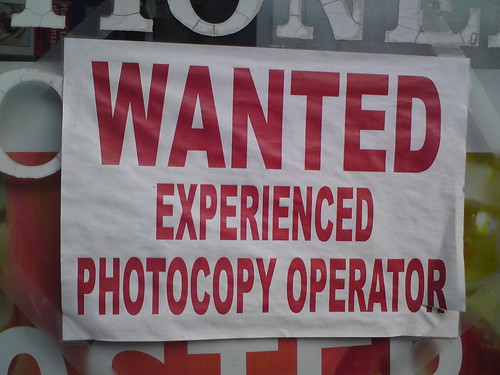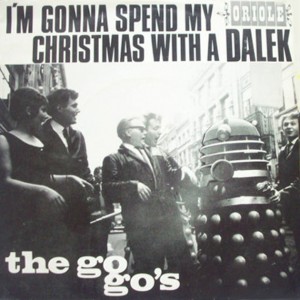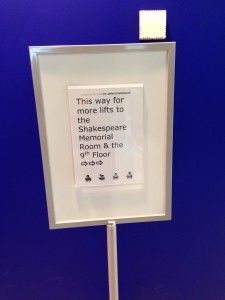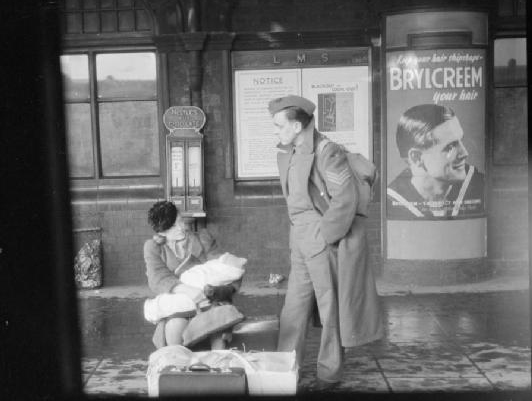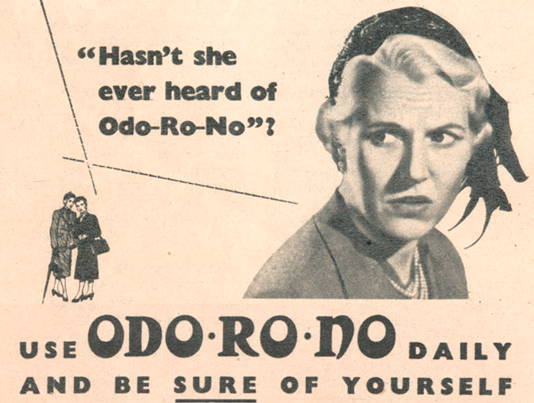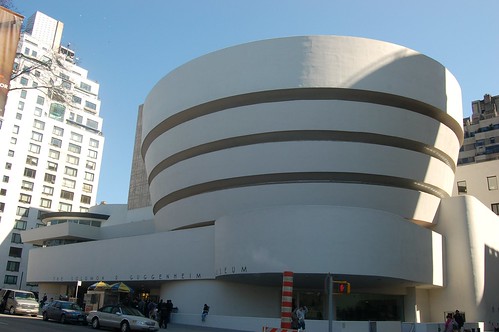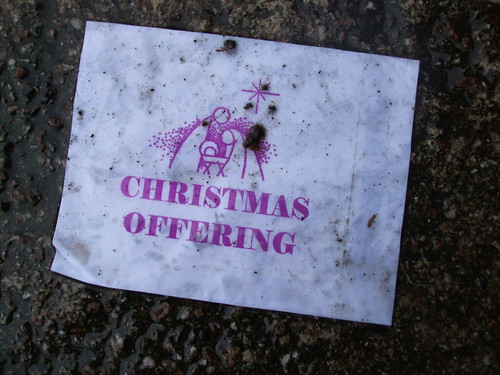
You open an envelope that is slightly bulkier than the average Christmas card to discover that it doesn’t contain money, only a folded couple of A4 sheets in twelve point Times New Roman. It’s the scourge of the festive season: the round robin, typed pages of sickening boasting and cloying chuckles from people you don’t really care for. A yearly reminder of just why you don’t see them from one card to the next.
That’s what happens to us every year in Great Barr, in Yardley Wood and in Witton: seasonal joy tempered with bile at the sheer entitlement of it. Or at least that’s how you’d think it would be if you read the Guardian, the Sunday Times Magazine or listen to the more magaziney programmes on Radio Four: for they are the only places that ever seem to mention them. It’s as if round robins are a strain of virus only spread aerially at tennis clubs or by physical contact at charity fundraising ‘slave’ auctions hosted in chain hotels by networking groups. It’s a disease of the home counties and of certain areas of north London, one the we are mercifully immune to.
But with the media centric as it is, when W1 sneezes the rest of the country catches a cold. Or at least has to wrap up warm.
It’s not Sports Personality of the Year that really kicks off media Christmas for me, nor is it the publication of the bumper Radio Times—it’s the first time I read or hear a bitter think piece about how the joy of others cannot be tolerated in Yuletide A4 form.
If a Christmas card I opened contained a letter with well wishes and news, I would read it and feel grateful. Grateful the senders were thinking of me; not just enough to write “To Jon from all at number 42” but enough to take time to compose a letter and that they assumed I would care as much about their lives as they obviously did about mine. Had I cared enough to send a card or write a letter, that is.
Maybe it was a perfect storm of people with geographically wider social networks, access to typewriters and photocopiers when the boss was out and, yes, a little bit of middle class entitlement. Given the same access, the working class would produce punk fanzines and reboot the publishing world, the middle class just got something new to moan about in their existing media outlets.
And then we all became middle class, according to Tony Blair and John Major, but we didn’t get the tennis clubs or typewriters we just got equal access to the hatred across the airwaves and in the broadsheets. We got to be complicit in the snideness without ever quite understanding what we were supposed to be getting riled about. Reading a Sunday newspaper magazine is much like squinting at a 1890s Punch cartoon tying to guess the references and working out if it has anything to say about your life.
This festive season, let’s give thanks that to the people of Paradise Circus it means thinking of others. And that means people outside our social norms and postcodes too.
To that end we’ve written Birmingham’s own round robin. Feel free to forward it to a city near you.
Photo CC: Stephen Mackenzie



